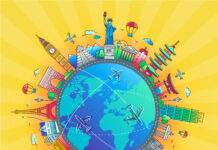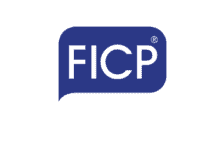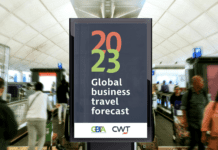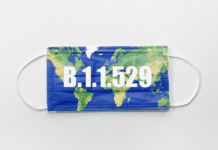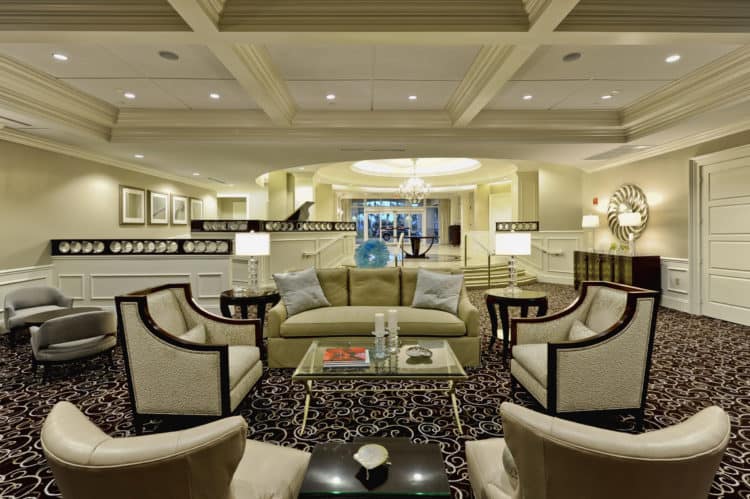 As if rates have not risen enough, hotel fees, surcharges and mandatory gratuities have picked up, too.
As if rates have not risen enough, hotel fees, surcharges and mandatory gratuities have picked up, too.
Even as hotel rates are already up more than 18% in 2022 and are predicted to increase another 8% in 2023, hotel fees and surcharges appear to be on the rise as well, according to the 2023 Global Business Travel Forecast by CWT and the Global Business Travel Association (GBTA).
But that’s only part of the story, say some frustrated planners. They report that they also are seeing new fuel surcharges of 8-12% (which have not gone away as fuel costs begin to come down), COVID-related health and safety charges that are still in effect even as restrictions have eased around the country, and “mandatory gratuities” for hotel housekeeping staff even as housekeeping services have been reduced at many hotels. Now, says one planner, “You pay in reverse for not using a service, for example housekeeping.”
“We are used to resort fees, but now almost any hotel charges some type of ‘urban fee’ or facility fee’ that gets you ‘free’ internet and the use of the gym and pool,” said one event planner who wished to remain anonymous. “Remember the days when these were part of the perks you got for booking the hotel and not something you got charged extra for?” Also showing up on hotel bills now: sustainability fees, late- and early-checkout fees, and credit card fees.
In addition to fuel surcharges, some shuttle bus companies also are demanding a non-negotiable 20% mandatory gratuity, said a planner who wished to remain anonymous. Add to that a per-person/per-day mandatory tip for the guide on the bus, and it adds up quickly, that person says. “And when I ask the bus drivers, they pretty much tell me they don’t get any or all of that tip from their company. Hence I much rather would give them a tip directly,” adds the planner.
Another unwelcome recent trend: credit card fees. “I rarely was asked to pay a 3% fee for payment with CC, but anyone from hotels to transportation companies to restaurants (especially for group bookings) are adding this now at the end — and oftentimes only disclose it as you pay! The so-called ‘convenience fee’ is starting to become a regular feature,” says one person. At restaurants, some say it’s not unusual these days to have an ”admin fee” of 2-8% added to the mandatory gratuity, bringing the total service fees up to a third of the posted cost of the meal.
“Why pay extra, when I can have the same meal as a normal patron without these added fees, despite the fact that I am guaranteeing a large number of people?” queried one planner.
Complaints about fees and surcharges are far from new — they really started to catch on in 1997 when hotels were faced with soaring energy costs and began instituting fuel surcharges. But they did seem to take a bit of a hiatus during the two years of pandemic-related revenue losses due to shutdowns, reduced travel and meeting cancellations and postponements.
Now, however, surcharges appear to be surging back, at least anecdotally. When it comes to airfare, the U.S. Department of Transportation’s Guidance Regarding Interpretation of Unfair and Deceptive Practices is designed to provide an “interpretation of the terms unfair, deceptive, and practices as it relates to its statutory authority to prohibit unfair or deceptive practices. The Department is taking this action to better define the terms unfair and deceptive in response to an Executive order issued by President Biden on July 9, 2021, on promoting competition in the American economy.” But so-called “drip pricing” appears to still be happening in a wide swath of the community that serves meetings and events, from hotels to AV and production companies to ground transport, planners report.
As those who wished to remain anonymous say, “I feel that if you complain about it, you quickly are thought to be a cheapskate. “But that’s not the case.
“I much rather want the businesses to operate fairly; with that I mean paying employees an income they can actually live on,” says one planner. “And charging the customer a price that is posted.” Not that most event planners object to recognizing good service with a tip — but it should be at their discretion, some say. “Now, anyone who deserves an extra tip, because he or she went out of their way to service you, there is no limit in how much you might want to tip them. It has happened to us many times where a customer left something in the bus and the driver came all the way back to deliver it again – these actions of course are not expected and deserve a special recognition.”
According to the most recent data available, hotels in 2018 reaped $2.93 billion in extra charges beyond the basic room rate — an 8.5% increase from 2017 that was expected to continue to rise. While the pandemic likely caused a hiccup in those annual increases, planners should expect to continue to see a resurgence in fees and surcharges. Why?
As Bjorn Hanson, an adjunct professor at New York University School of Professional Studies and a hospitality expert who has been tracking hotel fees for years, said when his pre-pandemic study was released, “Fees and surcharges are highly profitable.” He added that up to 90% of many charges go straight to the bottom line.
Stay tuned though, as changes may be on the way. Several of the world’s largest hotel chains have been responding to lawsuits spurred by advocacy group Travelers United with promises to be more transparent. Marriott International recently said it was instituting new transparency rules around pricing, including disclosing all fees up front when customers book their hotels. Others may well follow suit.
You May Also Be Interested In…
Meeting Costs Soar as Business Booms Back
Third-Party Pricing and COVID Cancellations
Survey: Meetings Activity Hits Post-Pandemic High



